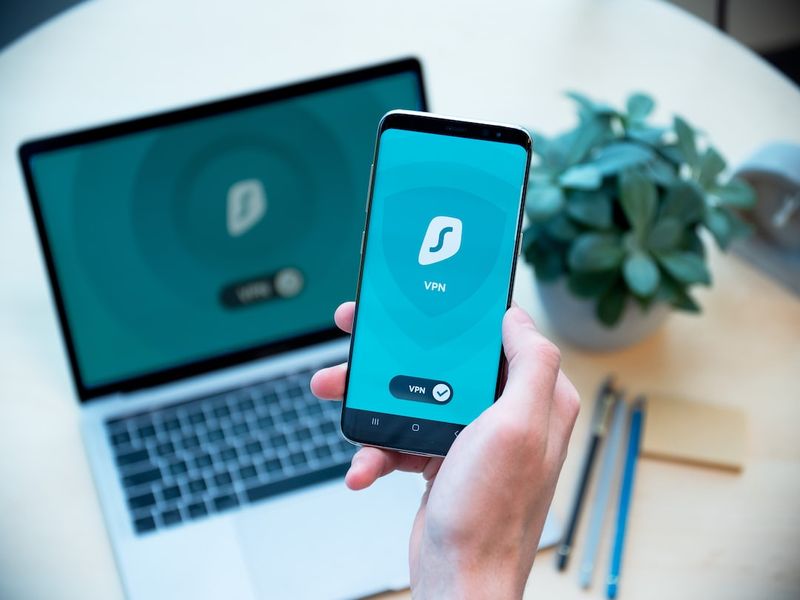Data Breaches: Personal, Health Information of 1.2 Million Stolen in PurFoods Ransomware Attack
A recent cyber attack on meal delivery service PurFoods resulted in the theft of personal and protected health information of over 1.2 million individuals. The attack, which involved file-encrypting ransomware, occurred between January 16, 2023, and February 22, 2023. The attackers had access to PurFoods’ network for over a month before being identified.
Impact and Response
The stolen information includes names, birth dates, Social Security numbers, driver’s license numbers, payment card data, financial account information, and medical and health information. PurFoods has started contacting the affected individuals and is providing them with identity theft and fraud protection guidance, as well as access to credit monitoring services.
The organization has also informed relevant authorities, including the US Department of Health and Human Services and the three major credit reporting agencies. However, PurFoods has not revealed specific details about how the attack occurred, which ransomware variant was used, or whether a ransom was paid to restore the encrypted data.
Internet Security and Vulnerabilities
This incident highlights the persistent threat posed by ransomware attacks and the vulnerability of personal and health information stored in digital systems. Ransomware attacks have become increasingly sophisticated, with cybercriminals using advanced techniques to infiltrate networks and encrypt data, demanding ransom payments for its release.
Organizations must prioritize cybersecurity measures to protect sensitive information from these kinds of attacks. This includes implementing robust firewalls, regularly updating software and security patches, conducting thorough employee training on cybersecurity best practices, and regularly backing up data to ensure it can be restored in the event of an attack.
Privacy and Ethical Concerns
Incidents like the PurFoods data breach raise important ethical questions about the responsibility organizations bear in safeguarding individuals’ personal and health information. As more aspects of our lives become digitized, the collection and storage of such data create inherent risks.
Individuals have the right to privacy and the expectation that their personal information will be handled securely. Any organization that collects and stores personal data must make data protection a top priority and invest in robust cybersecurity measures to prevent unauthorized access.
Editorial: Regulating Data Security
The PurFoods data breach underscores the need for stronger data security regulations to protect individuals’ personal and health information. The current regulatory landscape is fragmented and often lacks the teeth necessary to enforce strict cybersecurity standards. Companies like PurFoods must be held accountable for any negligence in protecting sensitive data.
Legislation should establish clear guidelines regarding data security practices, including mandatory reporting of breaches, encryption standards, and penalties for non-compliance. Additionally, regulatory bodies should have the authority to conduct regular audits and enforce penalties for organizations that fail to meet security requirements.
Recommendations for Individuals
In light of the PurFoods data breach, individuals should take steps to protect their personal information:
1. Monitor Financial Accounts
Regularly review your bank and credit card statements for any suspicious activity. Report any unauthorized transactions to your financial institution immediately.
2. Enable Two-Factor Authentication
Enable two-factor authentication for online accounts whenever possible. This adds an extra layer of security by requiring a unique code in addition to your password.
3. Use Strong, Unique Passwords
Use strong, unique passwords for each online account. Avoid using easily guessable information, such as your name or birthdate, and consider using a password manager to securely store and generate passwords.
4. Regularly Check Credit Reports
Request and review your credit reports from the three major credit reporting agencies (Equifax, Experian, and TransUnion) on a regular basis. Look for any suspicious or unauthorized activity.
5. Be Wary of Phishing Attempts
Be cautious when clicking on links or providing personal information online. Avoid opening suspicious emails or responding to unsolicited requests for information.
6. Consider Freezing Your Credit
If you believe your personal information has been compromised, you may consider placing a freeze on your credit. This prevents anyone from opening new accounts in your name without your permission.
Overall, individuals should remain vigilant and proactive in protecting their personal information. While the responsibility lies with organizations to secure data, individuals must take steps to minimize the impact of data breaches on their personal lives.

<< photo by cottonbro studio >>
The image is for illustrative purposes only and does not depict the actual situation.
You might want to read !
- UN Warns of Rising Online Scams in Southeast Asia, Threatening Hundreds of Thousands
- Ransomware Rampage: The Urgent Need for Citrix NetScaler Patching
- A New Era: The Push for a Department of Water to Tackle Cyberthreats and Climate Change
- The Evolving Threat: Microsoft Raises Concerns on AI-Powered Phishing Attacks
- The Rise of Cybersecurity: Black Hat USA 2023 Shatters Expectations
- The Era of Unrelenting Ransomware Attacks: Analyzing the Escalation
- Editorial Exploration: In this article, I will explore the details of the data security incident at Absolute Dental Services, analyzing the potential impact on patients and the company’s response to the incident.
Output: “Examining the Data Security Incident at Absolute Dental Services: Impact and Response”




